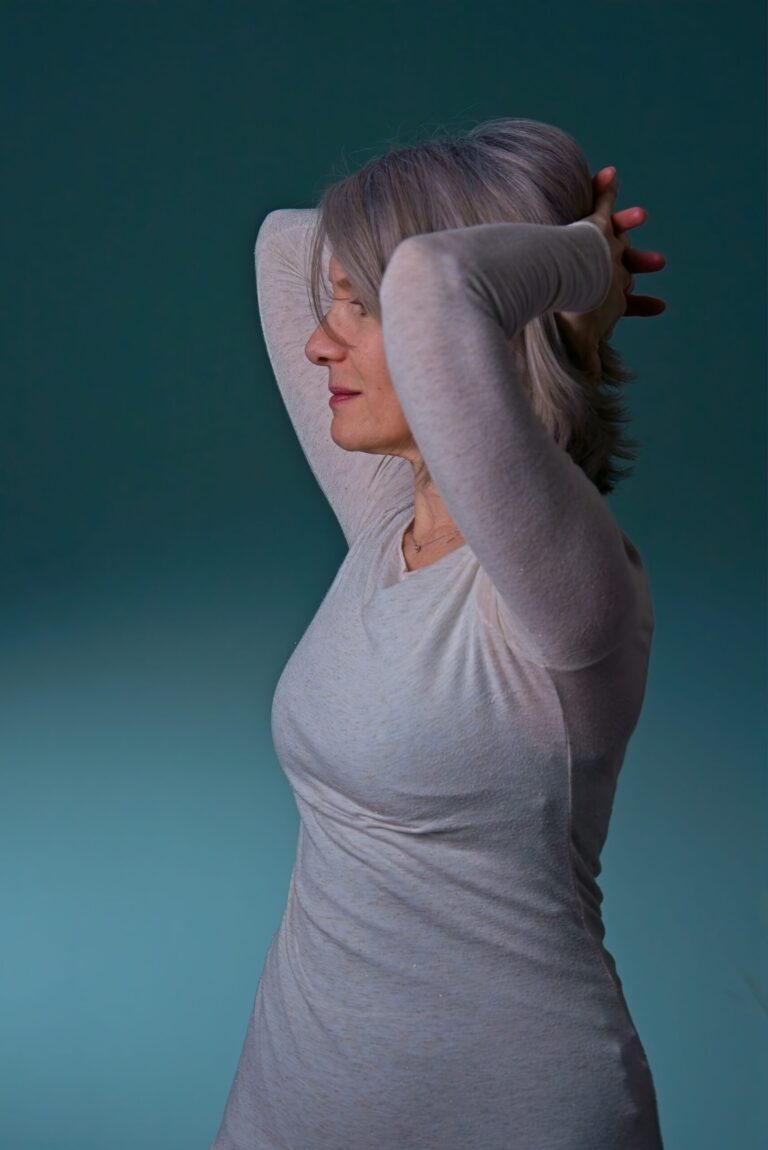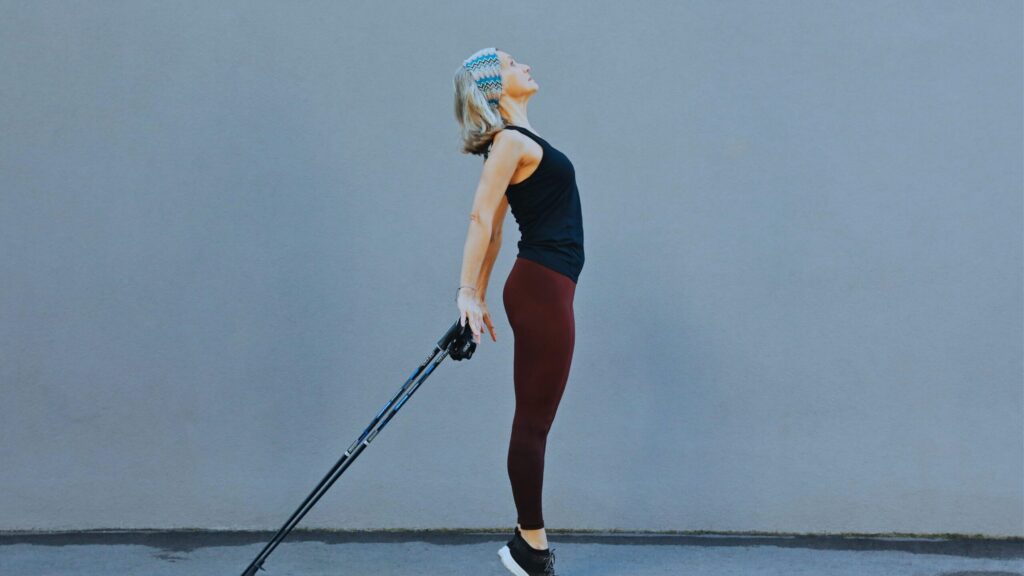When we hear the word “posture,” we often think of “standing up straight” —
or those familiar remarks we all heard growing up, like:
“Don’t slouch!”
Seemingly harmless phrases that, without us realizing it, left their mark.
But posture is so much more than that.
Beyond the way we hold ourselves — it’s a story, a lived experience,
our own personal journey written in the body.
The body remembers everything...
Your posture holds the memory of everything you’ve been through.
Every shock. Every stress — even the smallest — leaves an imprint on the body and affects how it holds itself and moves.
Most of the time, it’s an unconscious reflex triggered without you even noticing, simply to protect you.
On the outside — collapsed shoulders, a tilted pelvis, a head pulling forward — these are just the tip of the iceberg.
Beneath the surface often lie something deeper:
Unprocessed emotions, unconscious blocks, or old patterns trying to speak… without us even realizing it.
The secret? Listening - and definitely not forcing
There’s one simple truth:
You shouldn’t force your way into “better posture.”
But you can listen to it.
When we stop trying to control the body from the outside
and start cultivating understanding from within, something shifts:
– Posture naturally rebalances
– Breathing becomes more fluid
– Movement regains its lightness
– And performance becomes alive, free, and real
Posture as a window into inner wisdom

To me, posture is like a book — a living story of the person.
It allows me to understand.
To assess.
And to realign.
In the Organic Performance approach, posture is never just mechanical.
It’s the meeting point between a person’s inner life, how they navigate daily demands,
and the way they perceive themselves.
All of it is reflected in how they stand and move.
That’s why, when we work this way, the changes that happen on a physical level
not only release deep blocks — they also trigger moments of clarity,
bringing insight into the lessons life has been trying to teach us.

Emotional well-being
A slouched posture may belong to someone who’s learned to make themselves small.
A frozen ribcage, to someone who hasn’t breathed life in fully for a long time.
Blocked hips often reflect a fear of moving forward — or hesitation to commit to a path.
In all cases, when posture locks in place, it’s speaking of stories that words don’t dare to tell.
To release it, we can’t just try to “fix” the body.
We need to listen —
and create the right conditions so that, once heard, the body can rebuild trust in itself, at its own pace.
When the pressure subsides, the body naturally returns to balance.
A deep sense of relief arises — not just in the physical body, through a liberated posture,
but also in that inner space that finally learns how to soften and settle.
Final thought

Remember:
Your posture isn’t a problem to fix.
It’s an invitation to listen.
I’ll see you again soon — next time, we’ll explore how to build deep-rooted stability, in your body and in your life.

